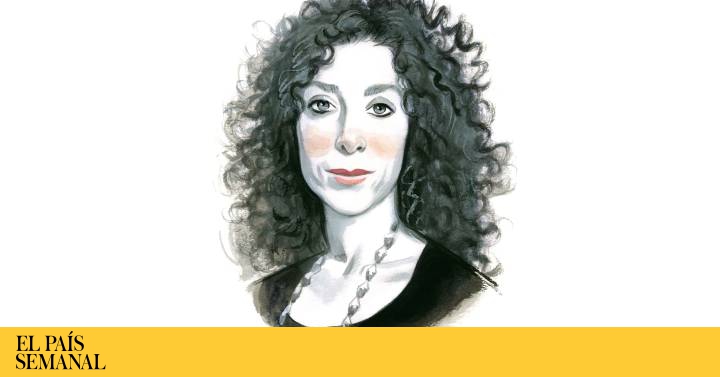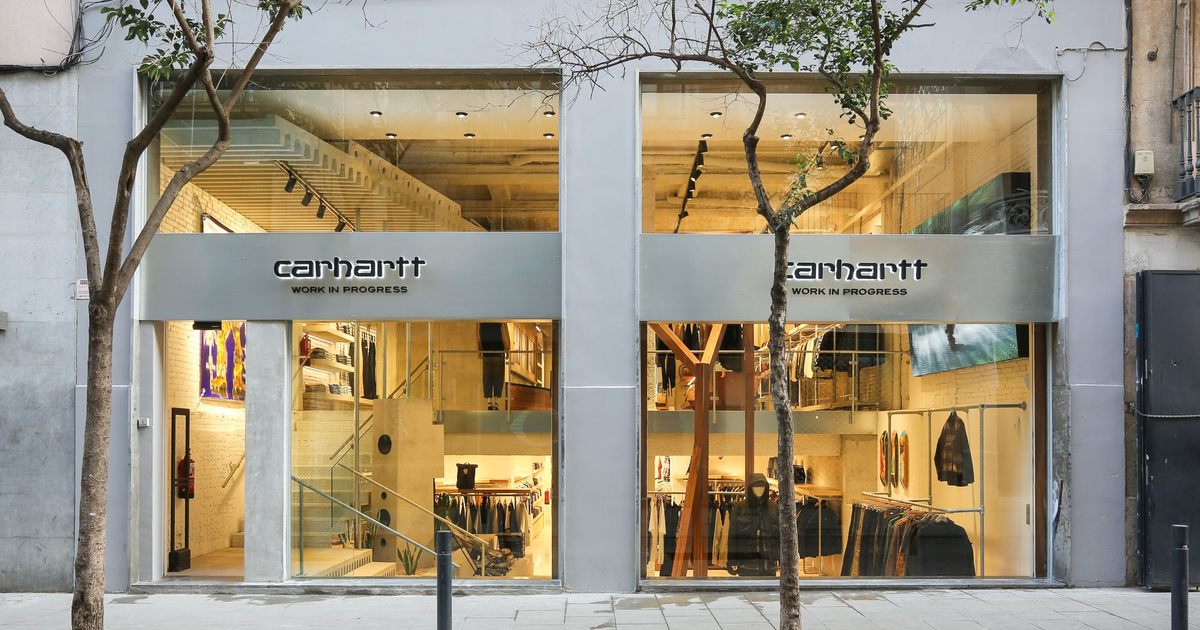We didn't care for roses or jasmine.
We were not interested in grass panels, or bagged soil, or flower pots, although we have never seen so many or so different.
For us, 8 or 10-year-old girls who lived in houses with huge gardens, granddaughters of grandmothers or daughters of mothers who gave each other bulbs of tuberose and amaryllis, shoots of plants with names like taco de reina, rayito de sol or flower of nacre The new nursery that had opened on the main avenue of the city where I was born had nothing interesting.
Daughters of the overwhelmed nature, of the linden trees that grew like dogs on the sidewalks and of which we took flowers for tea, of the vines from which we ate unwashed grapes, of the fig trees that made our mothers' lives bitter when they figs burst against the floor, raised in patios with jungles of creeks full of spiders, the nurseries were a mummified theme park, a simulacrum of nature.
Plants were not things that were bought and sold, but things that were traded between friends, neighbors, and relatives.
So when the nursery opened, a metal ship with canvas walls, we all went to see as if a UFO had landed.
I don't remember anything, except a damp stink and a surprise that I don't know if I invented when I saw dozens of the same plants, an unknown and a bit monstrous uniformity.
But on one side of the tables where the indoor plants were arranged (another extravagance) were the bags with the stones.
Small, with fluorine colors, they were not used to fertilize, control pests or scare ants, but for something that could never have occurred to us that could be done with a plant: adorn it.
They spread around him, and the plant was surrounded by a necklace of chemical jewels, a cheesy and wonderful device.
Back then, I was a fan of cuckoo clocks, false eyelashes, long nails, hair spray, plastic, and formica.
Everything artificial seemed beautiful to me, like something out of The Jetsons.
I would stare at things like the cotton balls that my aunt put between her toes when she painted her nails, or a bathing cap that they had bought for me, green and embedded with yellow daisies, a gadget that I don't know now. I would not be dead, but that, when I was a girl, I would have even used to sleep.
My sense of elegance was to be abundantly kitsch.
So I asked my parents to buy the pebbles.
But my mother said: "Not crazy, they are horrible."
I planned the robbery on a Sunday, knowing that the nursery would be closed and, above all, because it was possible: nothing separated me from those stones except a flimsy canvas.
I lived in a city of 20,000 inhabitants, during the dictatorship.
There weren't many people willing to break rules.
So I organized a group of three or four friends, and we went.
We entered from the side, raised the canvas, each one took several bags.
Maybe I'm making it up, but I think mine were fuchsia and turquoise.
I do remember the dreamlike joy of impunity, the joyous weight of adrenaline, the surprise that there were no obstacles: no one is going to stop us?
The nursery was close to my grandmother's house.
I took the bags there and hid them in a cabinet where the shoes were kept.
That same afternoon the bell rang.
Some neighbor must have seen us, because he was the owner of the nursery that came to complain.
I don't know who he spoke to, but at some point my father came, asked where the stones were.
First I denied, then I pointed: "There."
He didn't tell me anything.
My friends had to return the stones to the nursery, but I did not.
He took them.
That night he came to my room.
I was writing.
He already dreamed of a life without parents or children, a sovereign place where he would not have to obey anyone, fantastic and dangerous: adult life.
He said, "I know why you did that."
I asked him why.
And he replied: "Because you are my daughter."
It took me many years to understand what he wanted to tell me: that I would never have enough;
that had marked me with that stigma.
That he had done me that favor.









